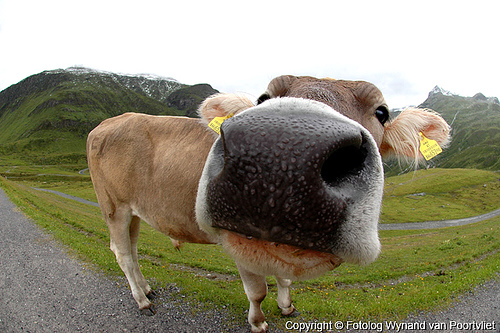In our March/April 2009 issue, journalist Heather Rogers investigates the controversy surrounding biofuel production and the ever-expanding oil palm plantations in Indonesia. In her report, Rogers explores why the world’s largest palm oil trader, Wilmar, is facing intense criticism:
Wilmar is currently under scrutiny for illegalities…including logging protected areas, using fire to clear trees, forcibly removing peasants and indigenous people, and operating without proper permits.
According to Rogers, these activities violate Wilmar’s own social responsibility policies, as well as the standards of the International Finance Corporation (IFC), the World Bank’s private sector lending arm that has bankrolled Wilmar with millions. After pressure from Indonesian activists, IFC’s ombudsman was forced to launch an investigation.
Well, the investigation finally wrapped up this summer, culminating in this damning report that details IFC’s failures:
- IFC did not address the livelihood and economic issues faced by smallholders or plantation workers in the supply chain.
- IFC overrode the assessment by it’s own economic and social department (CES) and incorrectly categorized investments in Wilmar’s oil palm projects as having “limited, or no, environmental or social impacts.”
- IFC failed to address the fact that Wilmar’s plantation operations were not in compliance with Indonesia’s national laws, which require Environmental Impact Assessments (EIA), and local land rights customs.
- IFC investments were overly influenced by commercial pressures and disregarded environmental and social due diligence requirements.
Indonesia’s civil society organizations have responded quickly to these findings. In conjunction with the UK’s Forest Peoples Programme, they sent a letter to IFC officials arguing that such failures require IFC “to suspend its support for the palm oil sector in Indonesia until these deficiencies are addressed.” As Marcus Colchester of the Forest Peoples Programme explains, “IFC staff knew of the environmental and social risks in the palm oil sector, including unresolved land disputes and non-compliance with its social and environmental standards, but chose to ignore the risks.”
Check out Heather Rogers’ investigation here.














